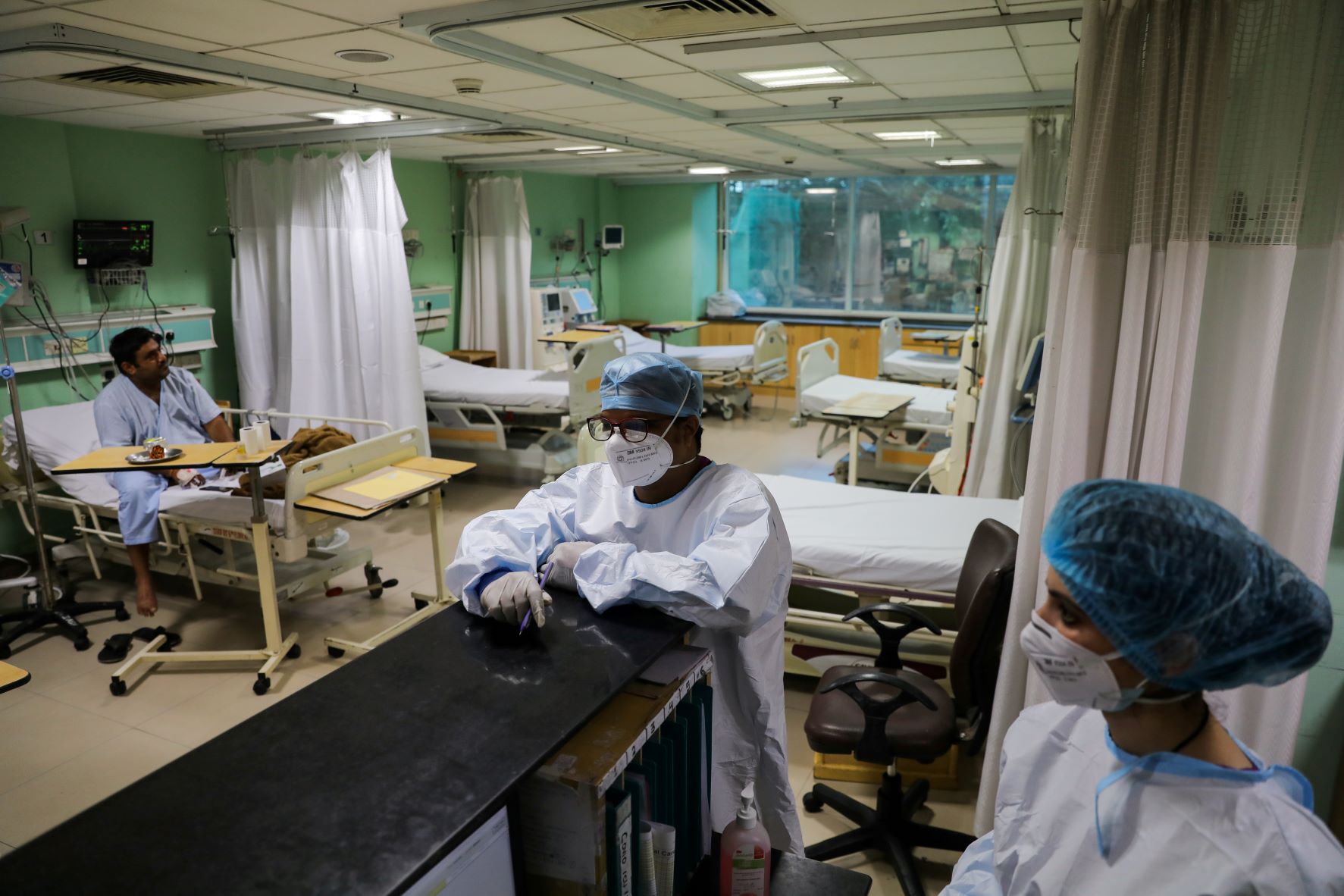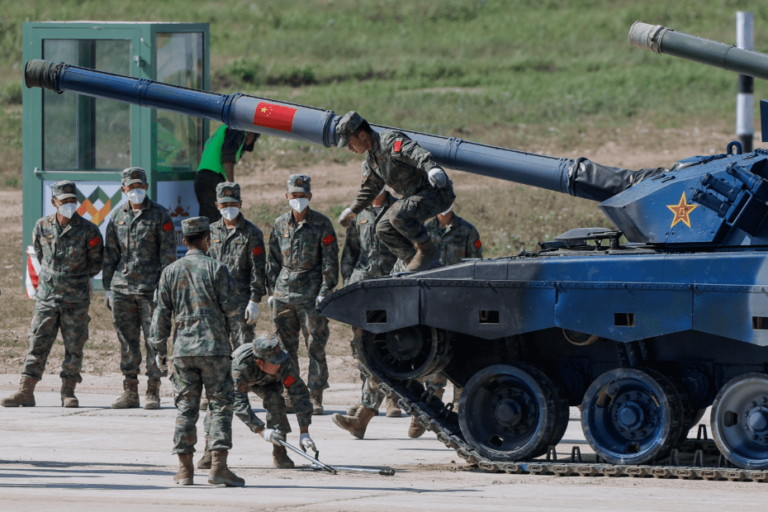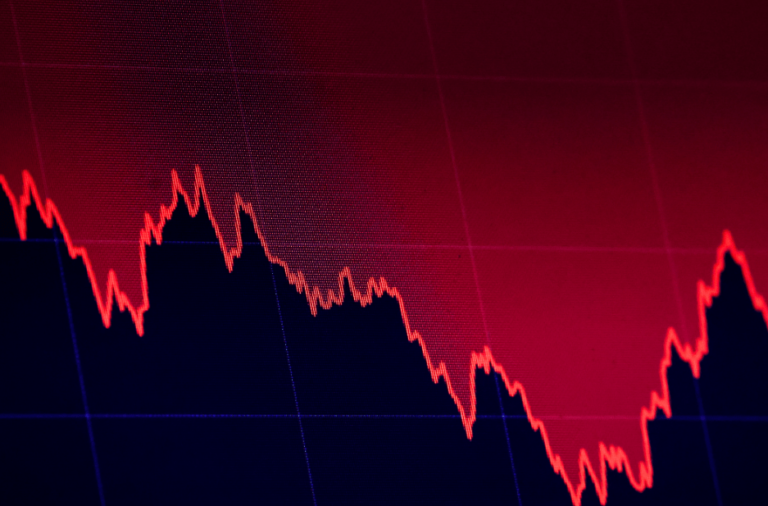Authorities in India’s southernmost state of Kerala are rushing to contain a Nipah virus epidemic. The virus, which is unrelated to the coronavirus that is causing the current epidemic, is considerably more lethal.
The virus killed a 12-year-old kid in Kerala over the weekend, spurring increased attempts to track down his connections. The presence of new infections has been verified. The child was taken to the hospital with a high fever a week ago.
His blood samples were submitted to the National Institute of Virology, where tests confirmed a Nipah virus as his health worsened and physicians suspected inflammation of his brain (encephalitis). On Sunday morning, he passed away.
Authorities have increased their contact tracing operations, identifying, quarantining, and testing anyone who may have had touch with the young victim. By Monday, 188 persons who came into touch with the kid had been identified, according to the state’s health minister, Veena George. Twenty of them were designated high-risk main contacts — largely his family members, who were all subjected to severe confinement or hospitalization.
By Monday, two healthcare workers who had contact with the victim had shown symptoms of Nipah infection. Their blood samples were submitted for examination after they were admitted to the hospital.
Nipah, like the coronavirus, is a zoonotic virus, meaning it is spread from animals to people. Humans get infected when they come into direct touch with the animals or eat contaminated food. However, there have been several incidences of Nipah transmission from person to person.
Nipah is spread naturally by fruit bats of the Pteropodidae family, sometimes known as “flying foxes.” Pigs, dogs, cats, goats, horses, and sheep have all been reported to get the virus from them.
For three to two weeks, an infected person will have symptoms like fever and headache, followed by a cough, sore throat, and respiratory problems. The disease quickly develops into brain cell swelling, causing sleepiness, disorientation, and eventually coma and death.
Nipah has no known cure or vaccination, therefore sufferers are only provided supportive medical treatment.
According to the World Health Organization, Nipah infections can be deadly in up to 75% of cases. By comparison, the coronavirus is thought to have a fatality rate of around 2%. Around 20% of survivors have neurological effects that might last a long time, such as seizures and personality problems.












